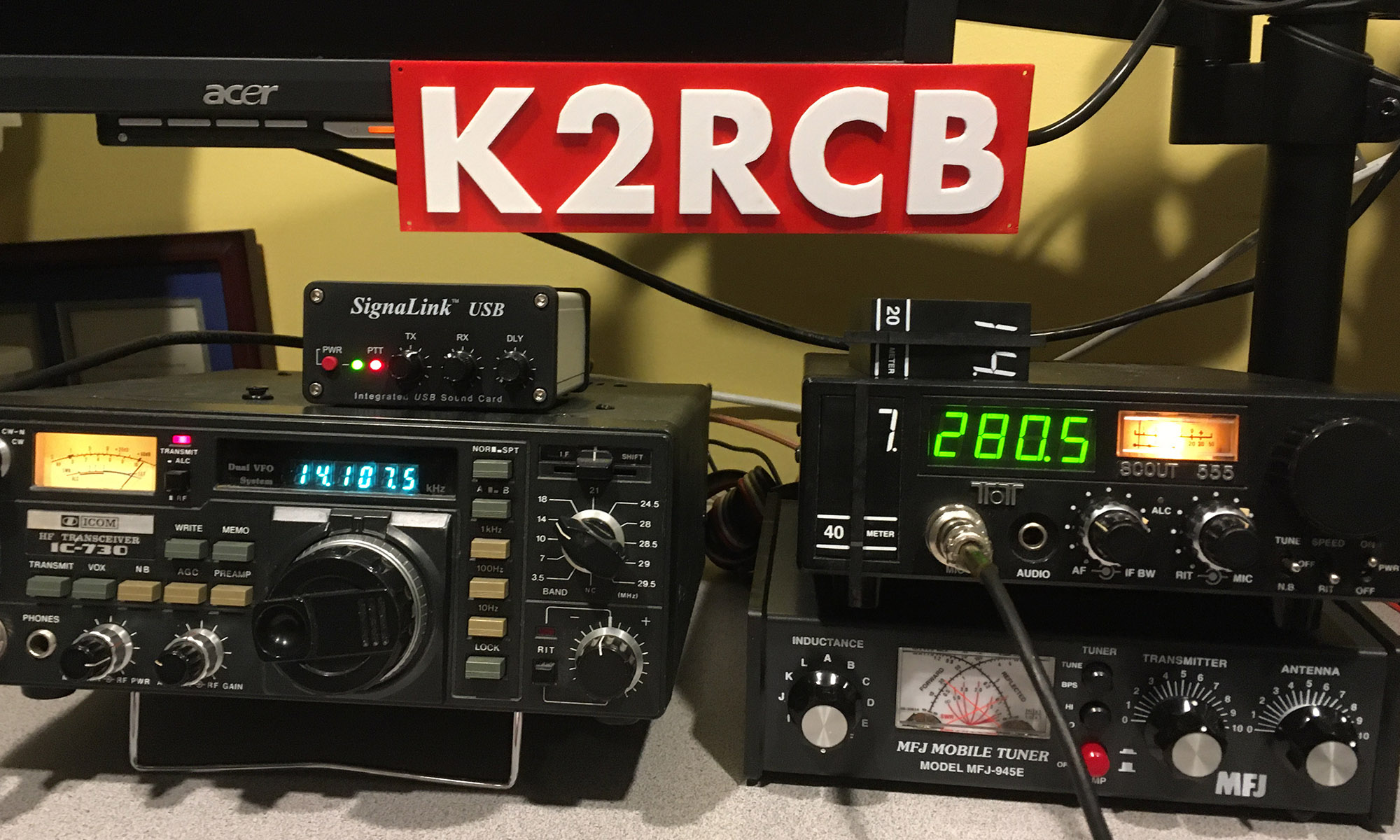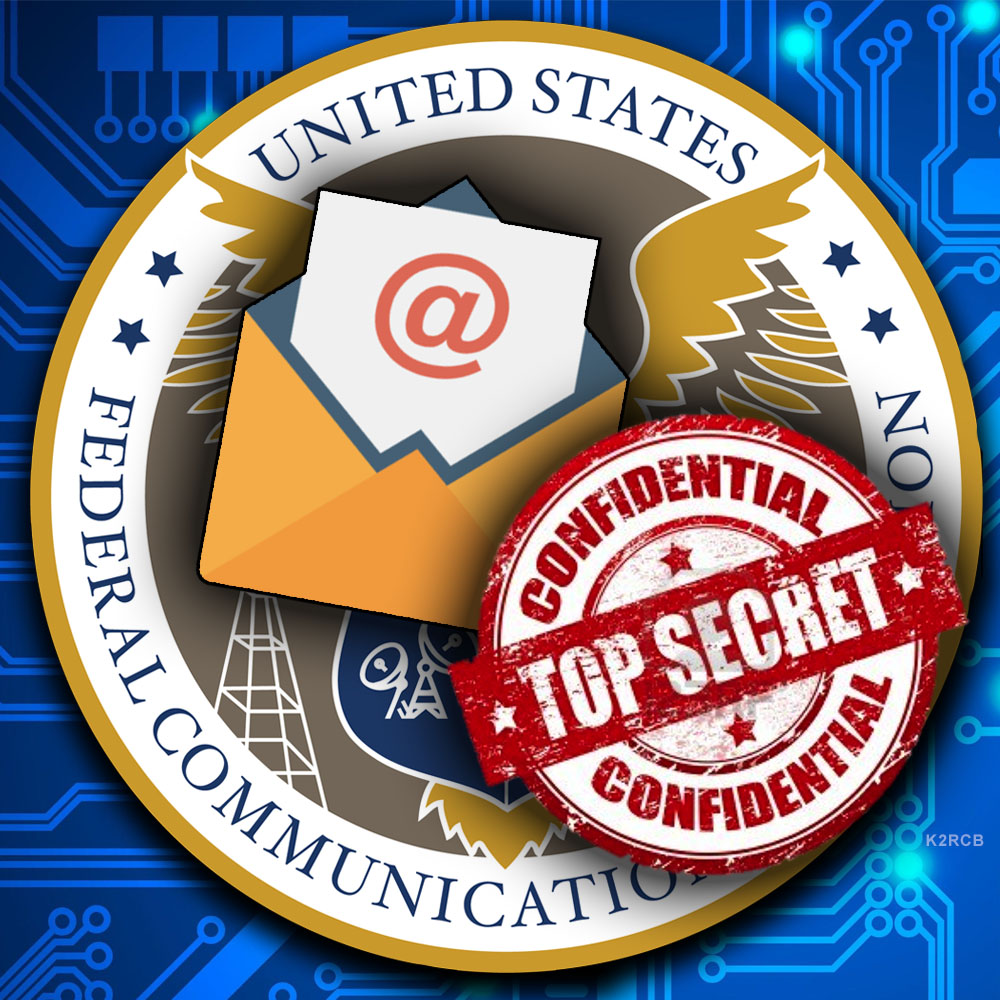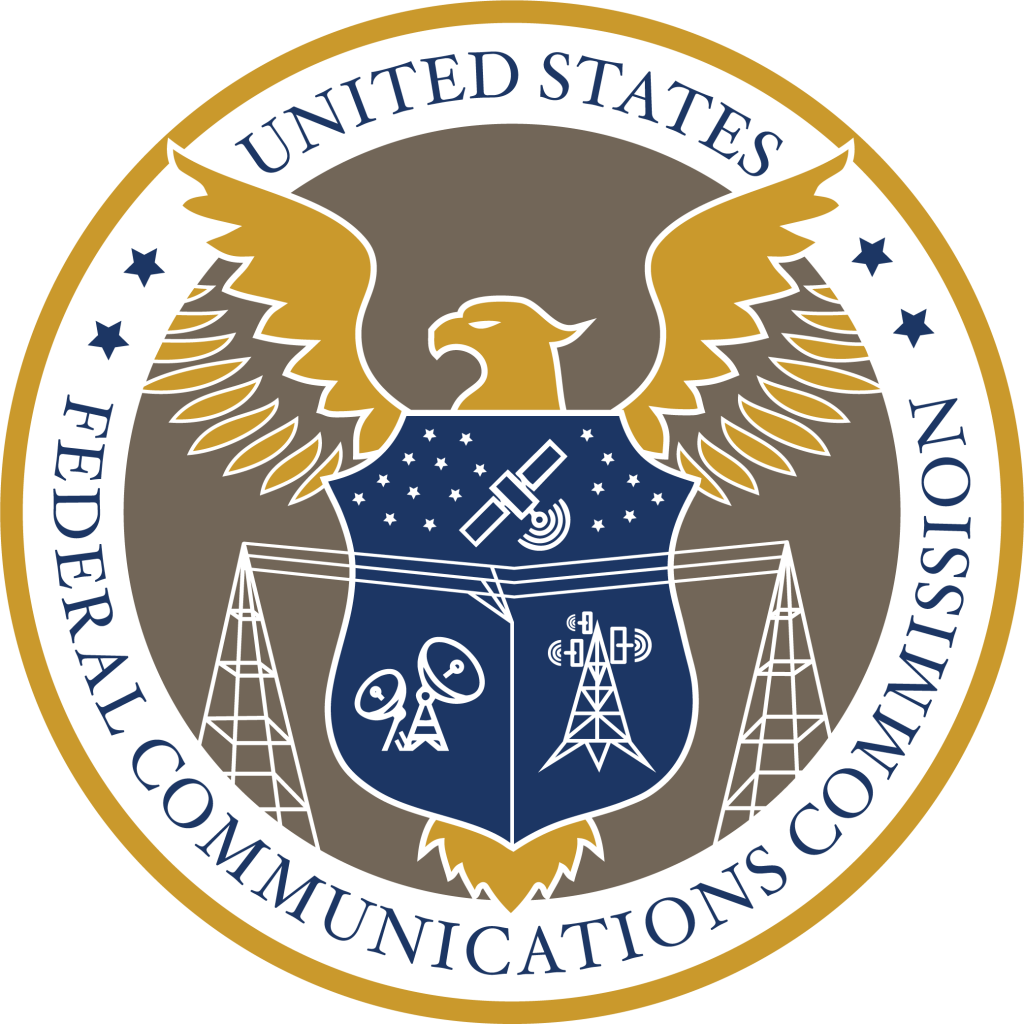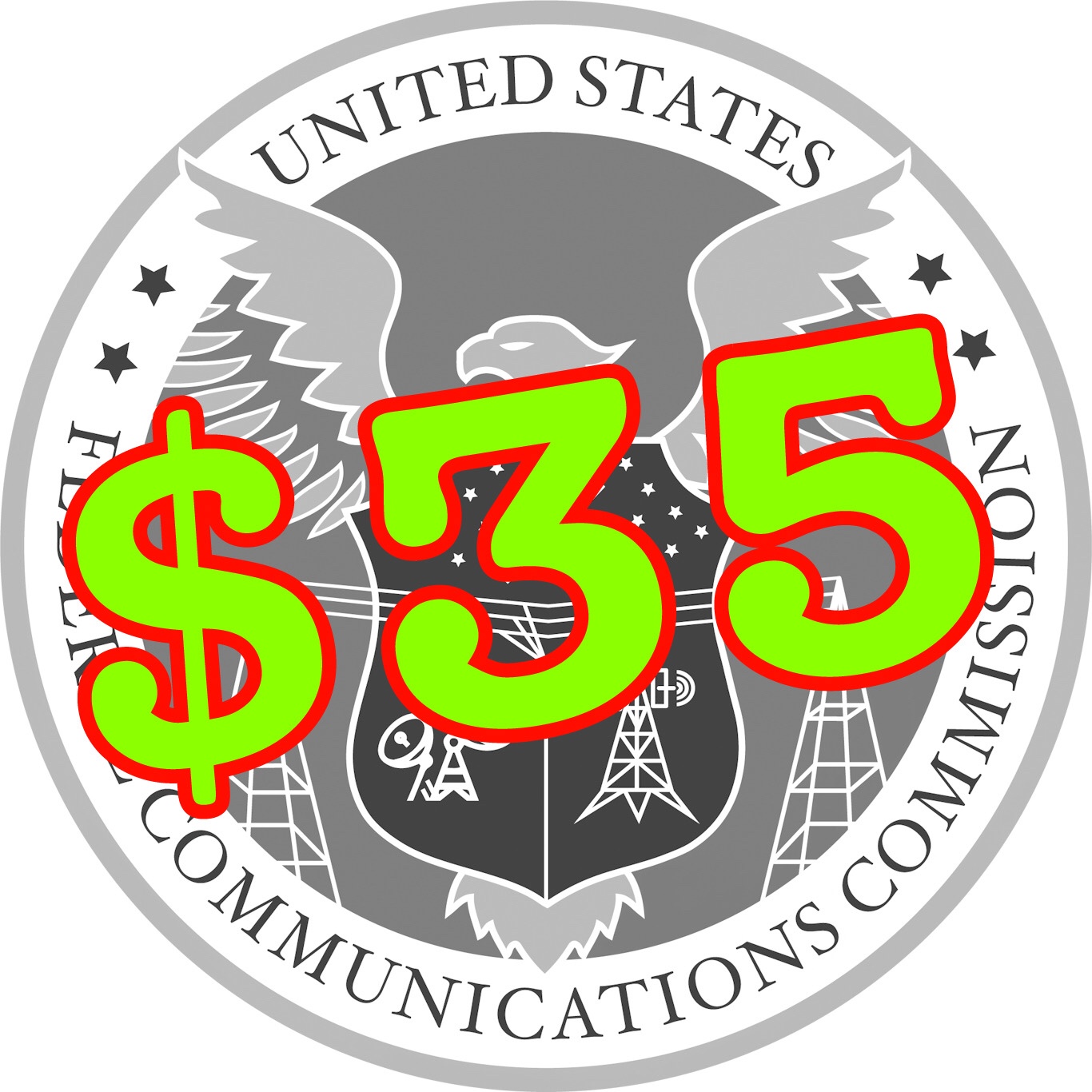The schedule of FCC amateur radio application fees likely will not go into effect before 2022. FCC staff confirmed during a recent virtual meeting with Volunteer Examiner Coordinators (VECs) that the agency is still working on the necessary changes to the Universal Licensing System (ULS) software and other processes and procedures that must be in place before it starts collecting fees from amateur applicants. Earlier this year, the FCC said it would not start collecting fees from amateur applicants before this Summer. The new estimate is that the fees won’t go into effect until early next year.
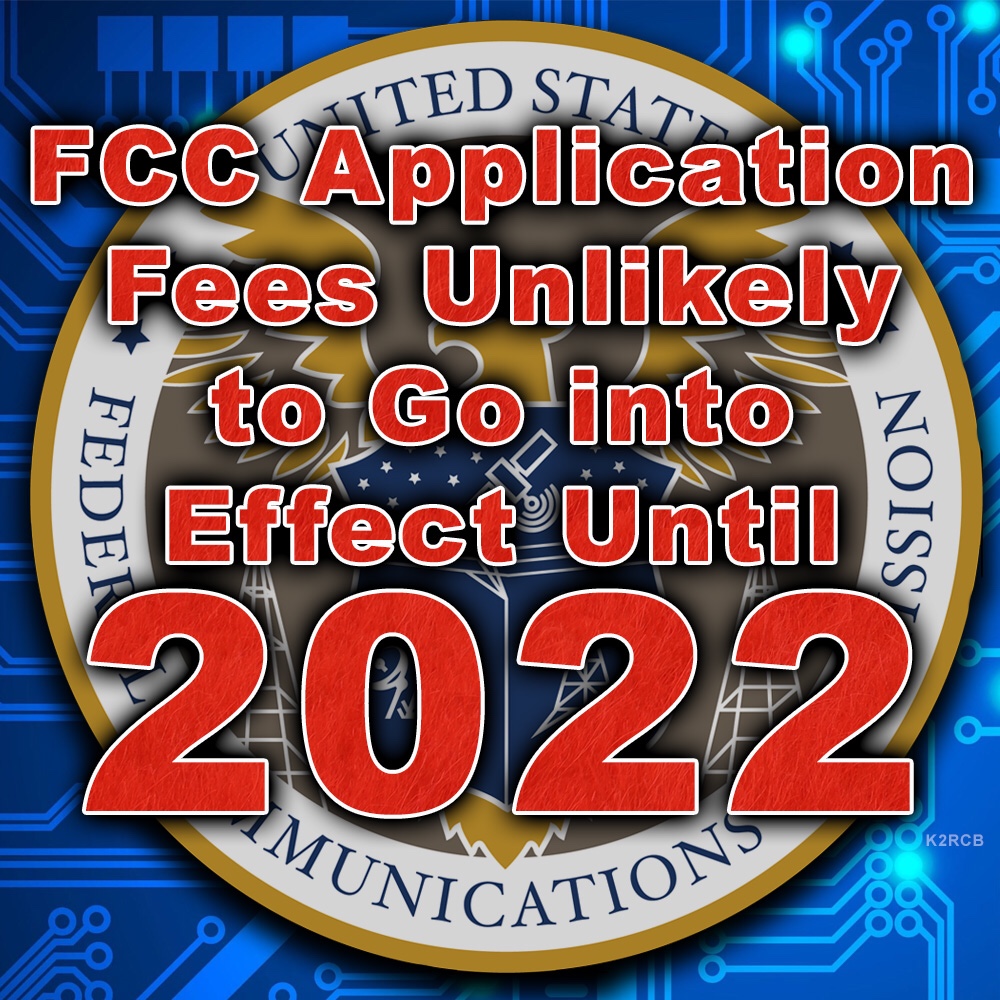
Once it’s effective, the $35 application fee will apply to new, modification (upgrade and sequential call sign change), renewal, and vanity call sign applications. All fees will be per application.
Administrative update applications, such as those to change a licensee’s name, mailing, or email address, will be exempt from fees. ARRL VEC manager Maria Somma, AB1FM, said Volunteer Examiner (VE) teams will not face the burden of collecting the $35 fee.
“Once the FCC application fee takes effect, new and upgrade applicants will pay the exam session fee to the VE team as usual, but they’ll pay the $35 application fee directly to the FCC using the FCC Pay Fees system,” she explained. When the FCC receives the examination information from the VEC, it will email a link with payment instructions to each successful candidate who then will have 10 days from the date of the email to pay.
